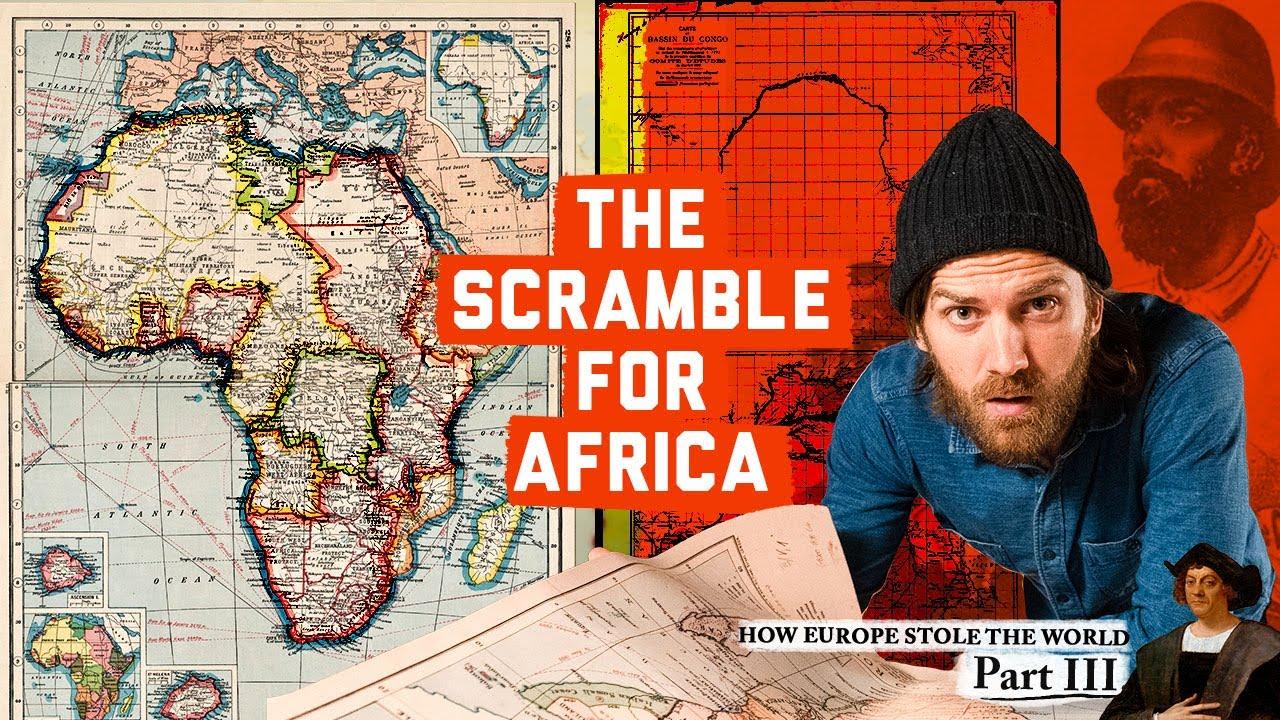
Unveiling History: The Swift Seizure of Africa
In the unassuming blink of a historical eye, a seismic shift rattled the foundations of global power dynamics. Within a brief stretch of time, witnessed by barely more than a century, the world’s cartography was redrawn in an astoundingly rapid transformation—a conquest of land, culture, and power that permanently altered the global landscape. Welcome to our latest blog post—an exploration into the swift seizure of Africa and the monumental last chapter of Europe’s overwhelming ascendancy in global affairs. Settle in as we unravel the enigma laid out in the compelling YouTube video: “Unveiling History: The Swift Seizure of Africa.”
Journey with us back to an era when a mere 35 percent of the world lay under European control and trace the extraordinary developments that ballooned this figure to a staggering 84 percent by the eve of the First World War. This narrative isn’t the one of remote antiquity; it’s the underpinning of the intricate tapestry that shapes our current geopolitical, economic, and cultural milieu. We will delve into the heart of a continent yet to be dissected by foreign powers and dissect the critical role technology and ideology played in the meteoric rise of imperialism 2.0.
Our story traces origins to the nascent colonialism of Spain and Portugal, breezes through the rise of the modern corporation with the Dutch, and culminates in a frenetic era of competition and conquest among European heavyweights. However, as our guide through this YouTube exploration asserts, the inevitability of European dominance was far from a foregone conclusion. Empires teetered on the brink, revolutions brewed, and the world as we know it was precariously close to never coming to pass.
Prepare to engage with a chapter of the past that reverberates through the present. It’s time to understand the forces that forged the paths of nations and people across the globe. As we delve deep into the insights presented by “Unveiling History: The Swift Seizure of Africa,” let’s seek to unravel the true extent of the legacy left behind by this whirlwind of colonial enterprise.
The Astounding Spread: From European Isolation to Global Domination
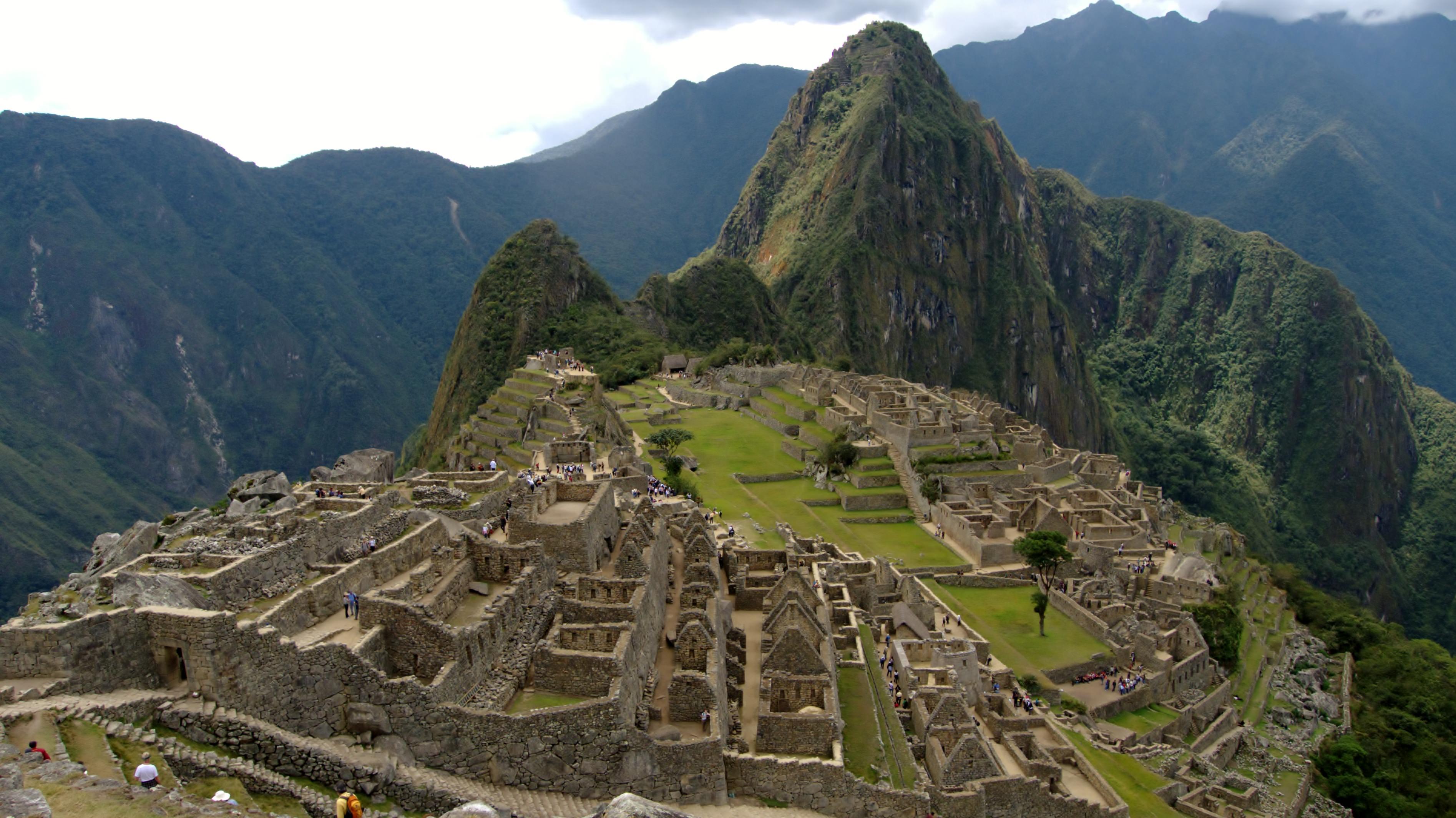
Title: My 10 Days In Benin: A Cultural Journey Through Dance
Introduction:
In the vibrant streets of Cotonou, Benin, an annual West African Kizomba Festival brings together dancers from all corners of the continent. The festival isn’t just about the dance; it’s a celebration of community, cultural exchange, and new experiences that transcend borders and language barriers[1].
Body:
The festival’s pulsating energy resonates through the rhythms of Kizomba, a dance form that originated in Angola and has spread its roots across Africa. Attendees immerse themselves in workshops, showcases, and social dances, connecting with fellow dancers and learning from international instructors. Not only do they refine their dance skills, but they also forge lasting friendships that go beyond the festival’s duration.
One cannot overlook the enchanting destinations of Ganvie and Ouidah, which offer a glimpse into Benin’s rich history and traditions. The Graffiti Wall in Ouidah stands as a vibrant testament to art’s power to communicate and inspire. Participants find themselves exploring the country’s heritage, soaking in the beauty of its landscapes, and embracing the warmth of its people.
Conclusion:
As the festival draws to a close, the memories of 10 days in Benin linger in the hearts of those who shared the dance floor and the cultural experiences. The West African Kizomba Festival isn’t just an event; it’s a tapestry of stories woven by dancers, artists, and enthusiasts who come together to celebrate unity in diversity. Embracing the spirit of togetherness and creativity, this journey through dance leaves indelible marks on the souls of all who partake in its magic. Join us in the rhythm of Kizomba and the warmth of Benin’s embrace, where every step leads to a deeper connection with the world around us.
The Catalysts of Change: Technology, Cooperation, and Imperialism 2.0
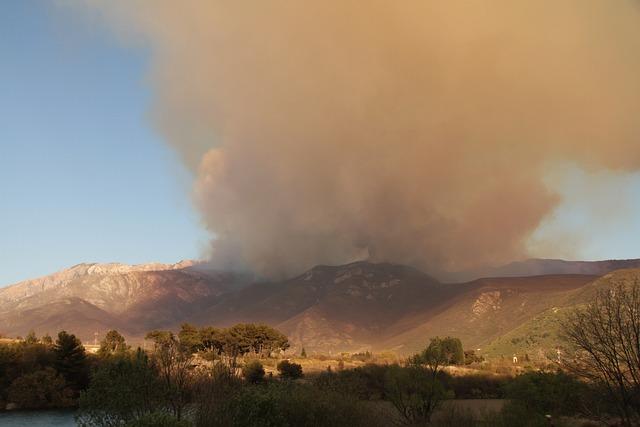
Subject: Naa Oyoo Quartey
Title: Exploring the Culinary Journey of Naa Oyoo Quartey
Introduction:
Naa Oyoo Quartey, a talented entrepreneur, embarked on a challenging journey to open her restaurant amidst various personal challenges, including road conditions, and caring for her teething baby with a low appetite. Despite these obstacles, her determination and passion for her culinary venture shine through.
Body:
Naa Oyoo Quartey’s perseverance in the face of adversity is truly admirable. The potholes on the Nana Krom road may have posed a physical challenge to her daily operations, but her unwavering commitment to her restaurant’s success remained steadfast. Additionally, managing her baby’s teething struggles and low appetite while running a restaurant showcases Naa Oyoo Quartey’s resilience as both a business owner and a parent.
Furthermore, Naa Oyoo Quartey’s dedication to her craft is evident in the delicious dishes served at her restaurant. Customers rave about the flavors and quality of the food, a testament to her culinary skills and creativity in the kitchen. Despite the challenges she faced, Naa Oyoo Quartey emerged stronger and more determined to succeed in the competitive restaurant industry.
Conclusion:
In conclusion, Naa Oyoo Quartey’s story is one of perseverance, passion, and dedication. Her resilience in overcoming obstacles and creating a thriving restaurant business is truly inspiring. As we continue to follow her culinary journey, we look forward to witnessing her continued success and innovation in the culinary world.
Reference:
[1]: [1]
The Uncharted Continent: Africa’s Role in the New Era of Expansion
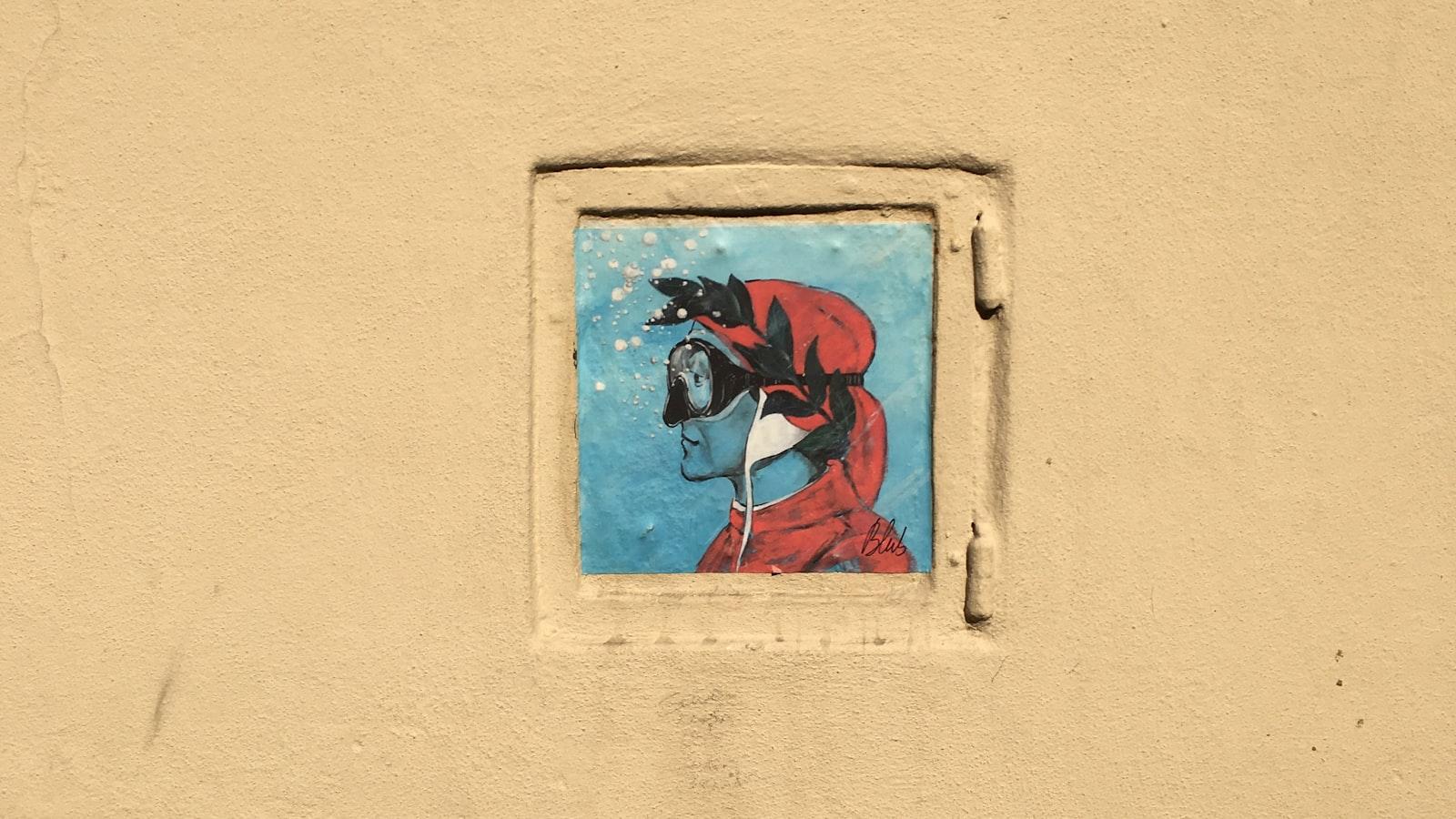
Subject: Afrikiko Complex
Introduction:
Exploring the Vibrant Culture of Afrikiko Complex
Located at the ANC Mall, First Floor in Accra, Ghana, Afrikiko Complex is a hub of rich cultural experiences awaiting discovery. In this blog post, we delve into the essence of Afrikiko and the unique offerings it presents to locals and visitors alike.
Body:
The Essence of Afrikiko: A Cultural Haven
Afrikiko Complex stands out as a cultural gem in Accra, Ghana, showcasing the diversity and vibrancy of African heritage. From traditional crafts to modern art, visitors can immerse themselves in a fusion of past and present artistic expressions. The complex serves as a melting pot where creativity meets tradition, offering a glimpse into the beauty of African craftsmanship.
Unveiling the Treasures of Afrikiko: An Immersive Experience
At Afrikiko, individuals have the opportunity to explore and purchase a wide array of African-made products ranging from clothing to home decor. The complex provides a platform for local artisans to showcase their talents and skills, enabling visitors to engage with authentic African craftsmanship. Whether it’s a unique piece of jewelry or a handcrafted souvenir, Afrikiko promises a shopping experience filled with cultural significance and artistic integrity.
Embracing Afrikiko: A Celebration of African Identity
Stepping into Afrikiko Complex goes beyond shopping; it’s a celebration of African identity and heritage. The vibrant atmosphere, coupled with the sounds of local musicians and the aromas of traditional cuisine, creates a sensory experience like no other. Afrikiko invites individuals to connect with Africa’s past and present, fostering a sense of community and pride in African culture.
Conclusion:
In conclusion, Afrikiko Complex stands as a testament to the richness and diversity of African culture. Through its art, music, and products, Afrikiko offers a window into the soul of Africa, inviting all to embrace and celebrate the continent’s heritage. Whether you’re a local resident or a curious visitor, a journey to Afrikiko promises an immersive cultural experience that will leave a lasting impression. Embrace the spirit of Afrikiko and discover the beauty of Africa in every artisanal creation.[2]
Rethinking the Inevitable: The Fragility of European Dominance
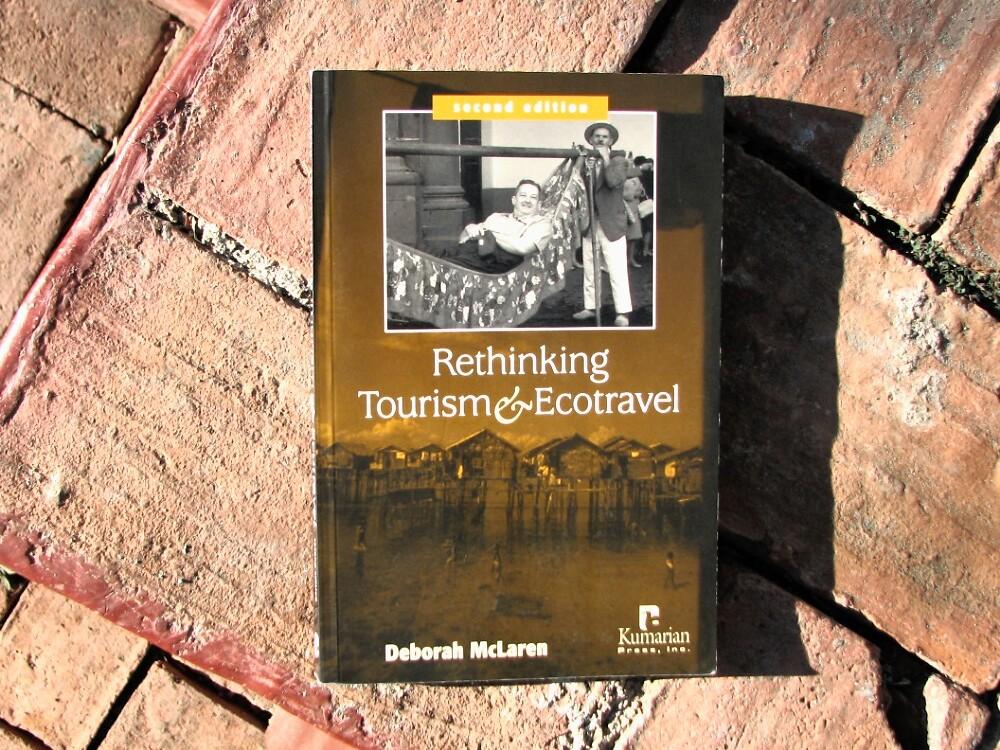
Subject: Robert Mugabe’s speech to the nation of Zimbabwe, 4 March 1980
Introduction
Robert Mugabe’s speech to the nation of Zimbabwe on 4th March 1980 marked a significant moment in the country’s history. The speech reflected the hopes and aspirations of a newly independent nation, eager to embrace a future of unity, prosperity, and progress.
Body
Mugabe’s address to the nation was filled with promises of peace, reconciliation, and economic development. He outlined his vision for a Zimbabwe that would prioritize education, healthcare, and land reform to uplift its citizens. However, despite the initial optimism, Mugabe’s leadership eventually veered off course, leading to challenges and controversies that plagued the nation for years [1].
Conclusion
In conclusion, Mugabe’s speech in 1980 serves as a reminder of the importance of visionary leadership and accountability. While his words resonated with the people of Zimbabwe at the time, the subsequent years revealed a different reality. It is crucial to reflect on history to learn and grow from past mistakes, ensuring a better future for all Zimbabweans.
Subject: How to Cook African Yam from The Canadian African blog
Introduction
African yam is a staple food in many West African countries, known for its versatility and nutritional value. Learning how to cook yam can open up a world of flavorful dishes that celebrate the rich culinary heritage of the region.
Body
“The Canadian African” blog provides a comprehensive guide on how to cook African yam, from purchasing the freshest yams to preparing them in various delicious ways. The blog emphasizes the importance of yam in African cuisine and offers easy-to-follow instructions for both experienced cooks and newcomers alike [2].
Conclusion
In conclusion, mastering the art of cooking African yam can elevate your culinary skills and introduce you to a world of delicious flavors. Embracing traditional ingredients like yam not only honors African culture but also provides a unique and unforgettable dining experience. Explore the diverse ways to cook yam and savor the tastes of Africa in your own kitchen.
Subject: Trump and Fascism. A View from the Past from History Workshop
Introduction
The topic of Trump and fascism has sparked intense debates and discussions about democracy, leadership, and political ideologies. Looking back at history can often provide valuable insights into contemporary issues that concern the principles of democracy and governance.
Body
History Workshop’s analysis delves into the similarities and differences between Trump’s political strategies and fascist ideologies from the past. The article raises important questions about defending democratic values, engaging in honest discourse, and challenging authoritarian tendencies in modern politics [3].
Conclusion
In conclusion, the intersection of Trump’s leadership style and past fascist movements serves as a cautionary tale for the importance of upholding democratic norms and values. By examining history through a critical lens, we can better understand the present challenges and strive towards a future rooted in transparency, inclusivity, and the preservation of democratic principles.
In Summary
In conclusion, the history of Europe’s swift seizure of Africa, as depicted in the YouTube video “Unveiling History: The Swift Seizure of Africa,” sheds light on the complex dynamics of imperialism and colonization that shaped our world today. The transformation of the map from 1800 to 1914, with Europe’s control expanding drastically, illustrates a pivotal period where technology and new ideologies propelled European powers to dominate the world. The exploration of Africa, the second-largest continent on Earth, became a focal point for European conquest and exploitation, leading to profound global changes in trade, language, and societal structures. As we delve deeper into the impacts of imperialism 2.0, characterized by increased aggression and territorial expansion, it becomes evident that the course of history was not predetermined; revolutions and challenges to colonial rule were prevalent. By reflecting on this historical narrative, we are reminded of the legacies of colonialism and the ongoing repercussions they have on our interconnected world today. The unraveling of past events prompts us to critically examine power dynamics, cultural exchanges, and the lasting consequences of imperial ventures in shaping our present-day realities. Let us delve further into these narratives to deepen our understanding of the intricate tapestry of our shared global history.[[1, 2, 3]














